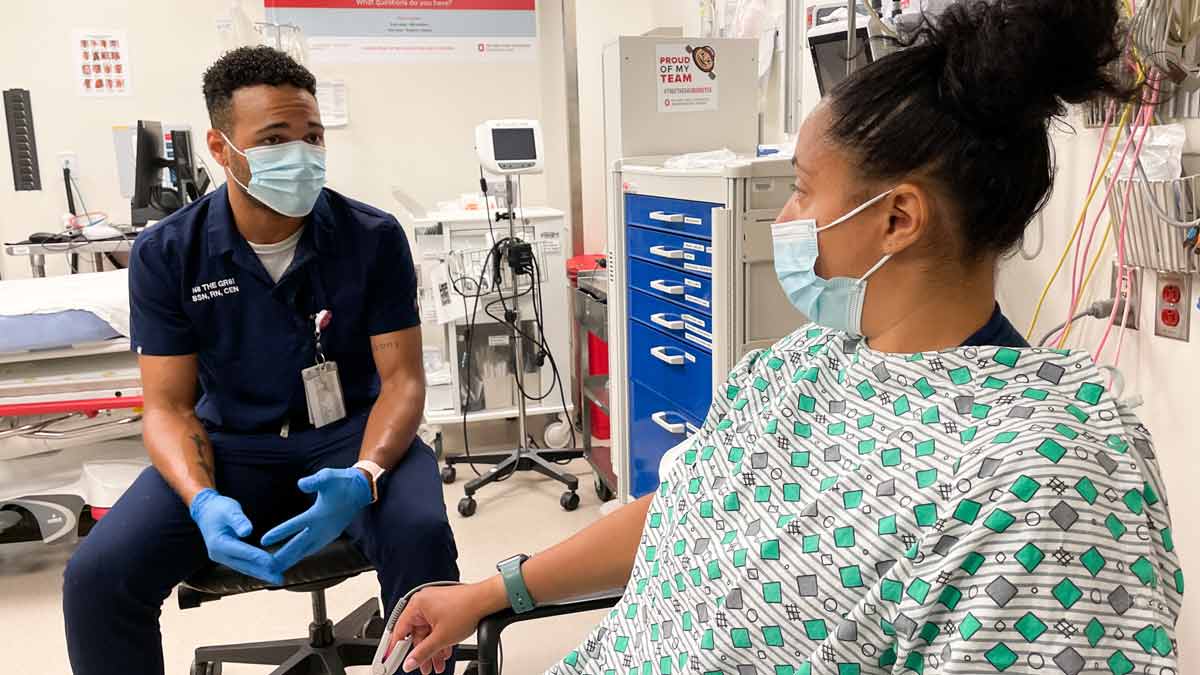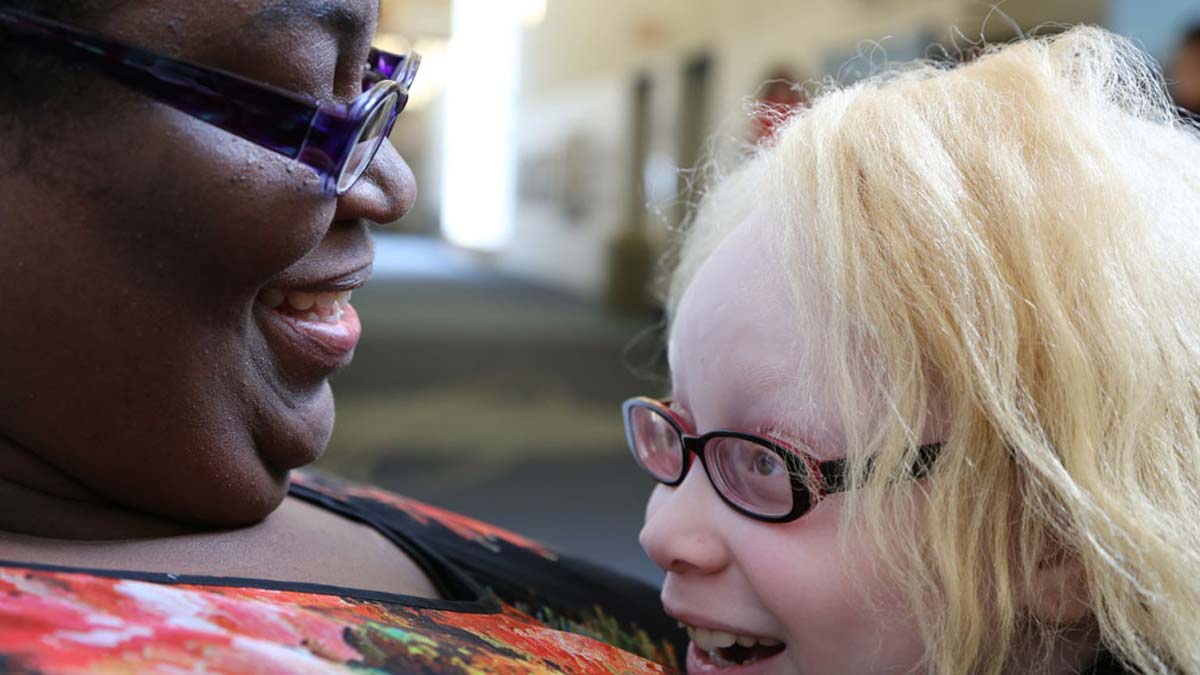How have the health needs of teens changed?

Today’s teens are part of Generation Z, also known as post-millennials. They have characteristics that greatly differ from previous generations. The health needs of today’s teens are unique, influenced by growing up in an environment with ubiquitous mobile communication and immediate access to an infinite amount of information online.
Because they spend more time online and use phones more than television for entertainment, they’re more frequently exposed to images and messaging in the digital world that can impact decisions related to their health. Marketing targeted at teens for products such as vaping devices; misuse of social media, which can promote cyber bullying, sexting and poor self-image; and the dissemination of incorrect health information via internet sources are all threats to the physical and mental health of today’s youth.
Although most teens are healthy, there’s still a significant amount of premature death, illness and injury among adolescents, most of which is preventable. According to the Centers for Disease Control, the current leading cause of death among adolescents is unintentional injuries such as car accidents and gun violence, followed by suicide, which is an increasing trend.
Teens face challenges that can affect their health
Most high school students today know someone or have friends who have been affected by teen suicide. According to the CDC’s 2017 Youth Risk Behavioral Study (YRBS), a good proportion of students, at least one-third, have experienced depressive symptoms, while greater than half of that number seriously considered attempting suicide. In addition to depression contributing to the youth suicide crisis, social media posts have been used to sensationalize suicide through online games such as “Blue Whale Challenge” and the “Momo Challenge.” To help protect your child’s mental health, you should monitor social media use and maintain open communication with your child about what they are exposed to online.While there’s optimism surrounding the decline of cigarette use by adolescents through efforts such as Tobacco 21 and the national Truth campaign, there’s growing use of electronic cigarettes, or vaping. Nearly 1 in 5 high school students admits to using an electronic cigarette in the past 30 days. There’s a misconception that teenagers who use vaping devices are less likely to smoke. However, teens who vape are four times more likely to start smoking cigarettes. EVALI (e-cigarette/vaping product use associated lung injury) is a mounting health issue affecting teenagers that can ultimately result in death. Health education to keep youth initiation of tobacco products and encouraging those currently using to quit is vital to combat tobacco addiction and vaping-related illness.
Compared to previous generations, post-millennials are more likely to grow up with less traditional family backgrounds (more single-parent and same-sex-parent families); have friends from various ethnic, religious and racial groups; and are more racially diverse. There’s also a growing number of sexual minority youth who identify as lesbian, gay or bisexual, or who aren’t sure of their sexual identity. Youth in this subpopulation are more likely to experience stigma and discrimination, which increases their risk for negative health outcomes, including high-risk substance use, violence victimization, and mental health issues and suicide.
How do you ensure your teen’s health needs are being met?
Most adult chronic diseases originate from choices and habits that start in childhood and adolescence. It’s vital to have a healthcare provider your teenager connects with and who is able to identify health risk behaviors in teen patients. This allows them to target screening and counseling to help reduce risky behavior to prevent chronic disease that could lead to poor health outcomes. In today’s society, social changes often impact teenagers in a more significant way, so more of a mental health focus needs to be integrated into their primary care.It’s important for your teen to establish care and have annual well visits with a primary care provider who’s sensitive to the emotional and social transitions of adolescence, and who has a heightened awareness of a teen’s unique healthcare needs.
Addressing behaviors and experiences related to unprotected sexual intercourse, high-risk drug use, lack of physical activity, exposure to violence and bullying, and poor mental health are priority areas that can contribute to substantial morbidity for adolescents.
During office visits, healthcare providers should take a “teen-centered” approach and focus on identifying possible hazardous health behaviors that can lead to unintended health outcomes such as sexually transmitted infections, unplanned teen pregnancy, addiction, obesity and suicide.
What you need to know when choosing a physician for your child
Having a healthcare provider who offers comprehensive health services that are unique to teenagers, such as contraception and mental health treatment, allows for care to be provided at one medical home. The teenager should be treated as the patient, not the parent. This approach encourages the teenager to be involved in decisions related to their health, which fosters an investment of the teen in their own health. The healthcare provider can help achieve this by facilitating discussion with your teenager and your family to help develop autonomy, responsibility and an adult identity.Some parents don’t feel comfortable having conversations about more sensitive topics such as sexuality or mental health with their teenager. It can be beneficial to have a physician who has experience treating teenagers and has the ability to create rapport to build a trusting patient relationship to solicit information to screen for certain health risks. Providing a teen-friendly environment with routine confidential time during visits creates a safe space for your patient to share private information and promote open communication of their thoughts and feelings, while minimizing fear of judgment.
Finally, having a provider who’s able to understand what matters to your teenager and become familiar with their support network is helpful to the overall goal of counseling on risk reduction. For example, if a teen refuses to discuss birth control options because she heard it causes weight gain, providing accurate evidence-based health information about the side effects of each contraceptive option may encourage her to reconsider starting birth control to prevent an unplanned pregnancy. Teen care should be individualized, and treatment plans should be tailored to the needs of each patient.
Rebecca Grant is a family medicine physician at The Ohio State University Wexner Medical Center.




